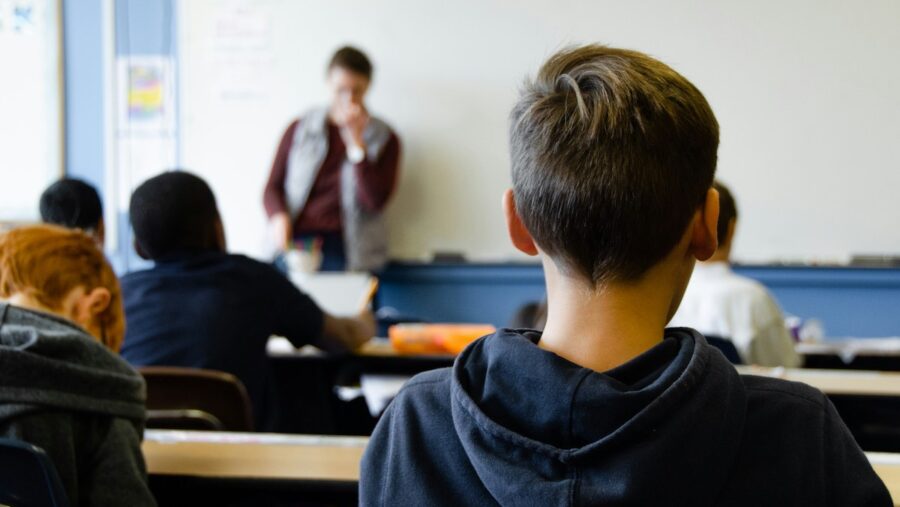Unschooling Trend Could Have Some Disastrous Consequences

A new educational technique has taken the internet by storm—and not in a good way. Known as radical unschooling, this anti-structured education method could have disastrous effects on child development.
Radical unschooling is a teaching method where no form of curriculum is imposed on the child. It’s frequently used as a variation of homeschooling, with the supervising parent or guardian usually being the sole educator. In a participating household, you will find no coursework or testing sheets in sight, as it is up to the child to decide the when, what, where, and how of learning.
TikTok user Mami Onami frequently uploads videos detailing her son’s radical unschooling experience. She has recently found herself embroiled in controversy after uploading a video showing what her 6-year-old works on and how it inspires learning. “So we don’t teach our children anything,” she begins, “everything that they learn is in response to either their interests or their questions. We have no curriculum; we have no school hours.”
She brings the camera close to a notebook belonging to her son, hovering over a page where “lion” is written in shaky handwriting. “This is him doing this by himself,” she proudly says while pointing to the page, “copying down words from other places, asking us more… it will come at the right time.”
Coined in the 1970s, the concept of unschooling is not a new one.
While a general audience might not see anything wrong with the video, those familiar with childhood education and parents of similarly aged children were quick to critique Mami Onami’s choice to unschool. Citing the skill level displayed in the video, they found it clear that educational needs had not been met and that her 6-year-old, in terms of literacy, had fallen significantly behind.

Coined in the 1970s, the concept of unschooling is not a new one. However, this more recent movement, known as radical unschooling, eliminates any distinction between what is and is not an educational activity.
It gained popularity during the height of the COVID-19 pandemic when it became necessary to combine school and home. The number of radical unschoolers has continued to grow, and many participating parents, like Mami Onami, continue to bring attention to the movement.
…critics believe that radical unschooling leans more towards a form of protest rather than a method of schooling.
In an interview with Rolling Stone, one of the founding members of the Alliance for Self-Directed Education, Peter Gray, had this to say about parents who gravitate to this new flavor of unschooling: “They may feel like, ‘I’m homeschooling, but I’m not doing anything that looks like school.’ Then they somehow discover the term unschooling, and they feel better because there are other people doing this, and then they get connected with them. And that sort of allows them to feel it’s legitimate.”
The number of radical unschoolers has continued to grow, and many participating parents, like Mami Onami, continue to bring attention to the movement.
While the existence and accessibility of alternative education are extremely important, especially for neurodivergent learners, critics believe that radical unschooling leans more towards a form of protest rather than a method of schooling. Many states are not regulating homeschooling, and there is a growing fear over the number of radically unschooled children who will slip through the cracks and have to navigate the real world without having received a proper education.
We all learn through life experiences, but not every life experience can replicate the extensive amount of knowledge you will find in a classroom. At a time when our nation’s literacy rates are on a steady decline, it’s important that we equip new learners with the resources they will need to flourish and succeed—resources that, as onlookers have pointed out, might be lacking in radical unschooling.
Source: Rolling Stone












